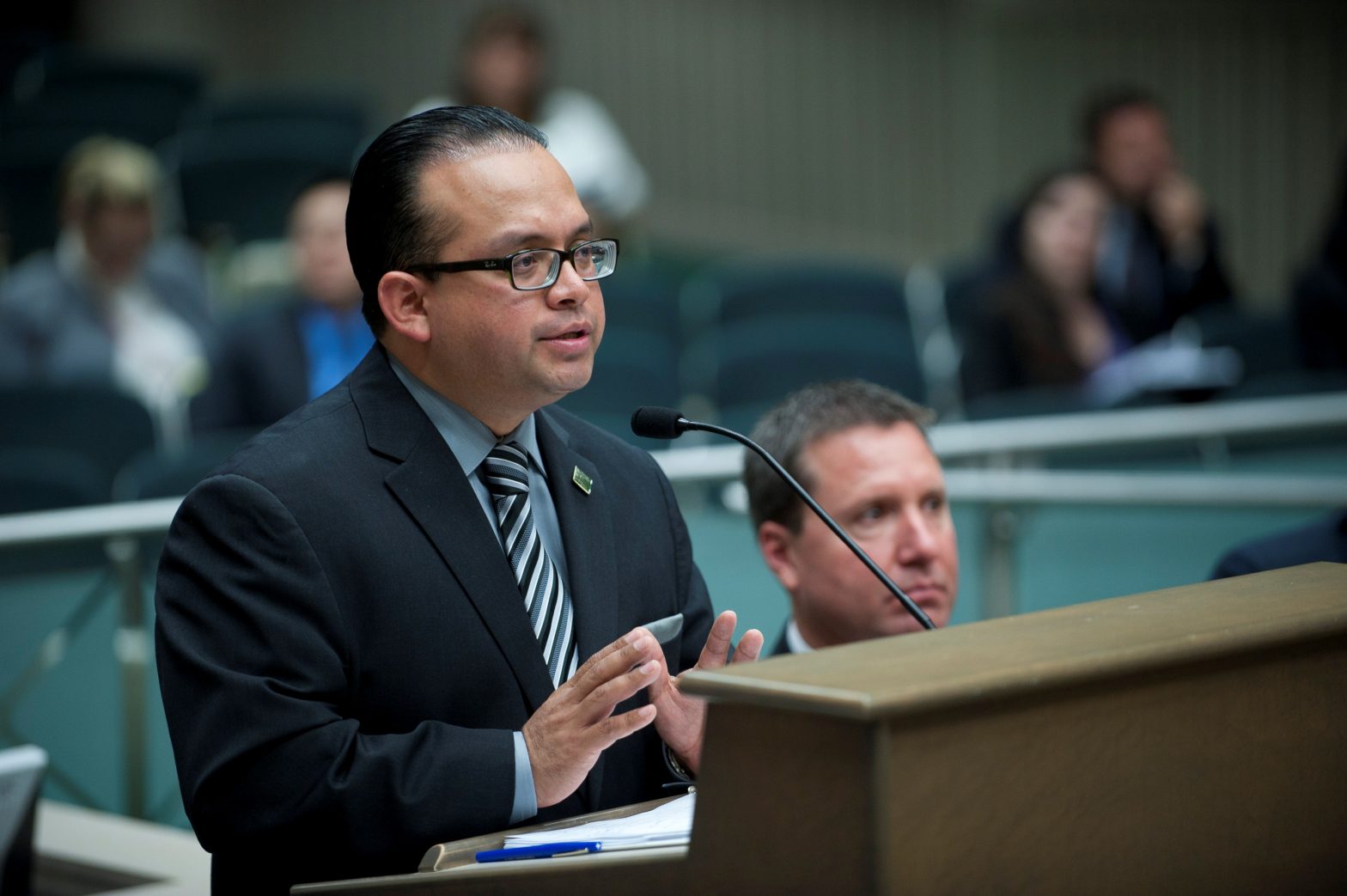Climate Change
California Environmentalists Decry Governor’s Raid on Cap-and-Trade Dollars
Gov. Jerry Brown’s effort to divert $500 million earmarked for environmental initiatives into the general fund would hurt California communities with high pollution levels and slow down efforts to spur efficiency, mass transit and alternative energy, critics told legislators this week. » Read more








